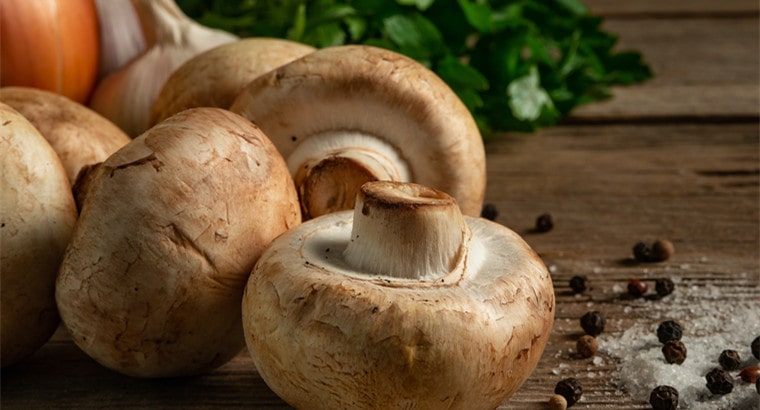Although they are fungi, mushrooms are classified as vegetables intended for human consumption. In the United States, many people include mushrooms in their meals because they can easily add flavor to different dishes without adding sodium or cooking fat.
But you have to be careful not to cook spoiled mushrooms. This article teaches you how to tell if mushrooms have gone bad.
Do Mushrooms Go Bad?
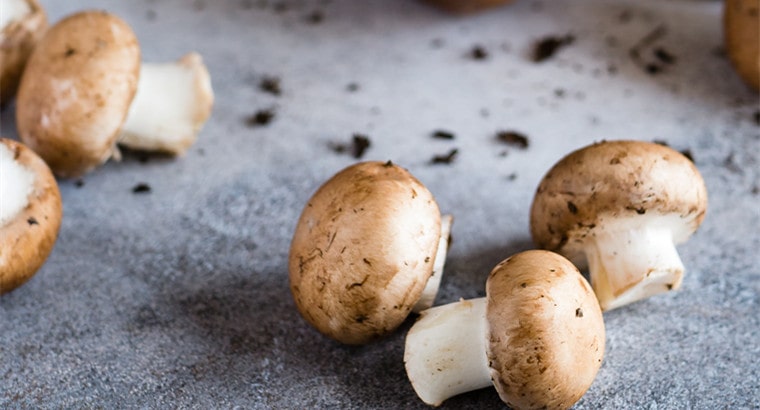
Like any other vegetable, fresh mushrooms can go bad if they’re not stored properly or cooked before their expiration date. Although most packaged mushroom varieties sold in grocery stores don’t have a specific expiration date, they lose their freshness quickly and go bad quickly.
Therefore, it is very important to check the freshness of mushrooms before ingesting them to avoid food poisoning.
How long do mushrooms last?
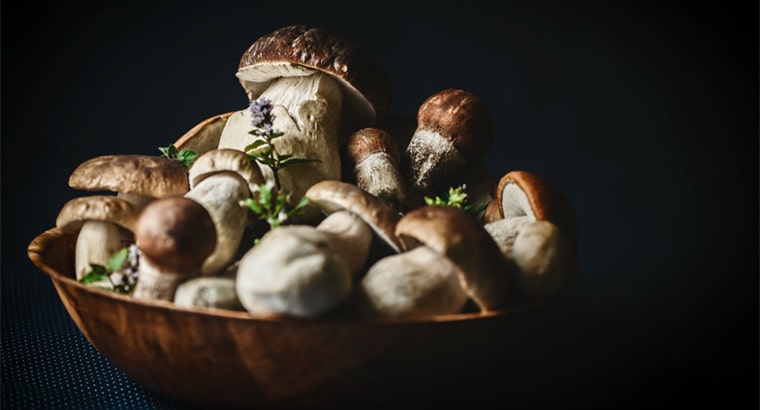
Poor sanitation and exposure to too much moisture can cause mushrooms to spoil very quickly. Although refrigeration helps extend their shelf life, if mushrooms are kept in the refrigerator for a long time they can begin to develop fresh fungus. In other words, mushrooms have a short lifespan.
Their short shelf life is mainly due to their high water content, which makes them prone to stickiness, wilting and mold. Their shelf life also depends on how you store them. Basically, fresh mushrooms only last 7 to 10 days in the refrigerator before showing signs of spoilage.
However, if you want to slice mushrooms before putting them in the fridge, expect them to last about a week before they start to get moldy. Cooked and frozen mushrooms have a longer shelf life, but you should eat them within a week to enjoy the maximum flavor. You can also dry the mushrooms to extend their shelf life.
In fact, dried mushrooms can be kept for up to three years before showing signs of spoilage, but they must be stored properly. What’s more, you don’t have to store dried mushrooms in the refrigerator; keep them in the pantry. The most important thing is to store them in a cool, dry place to minimize their exposure to moisture.
How can you tell if mushrooms have gone bad?
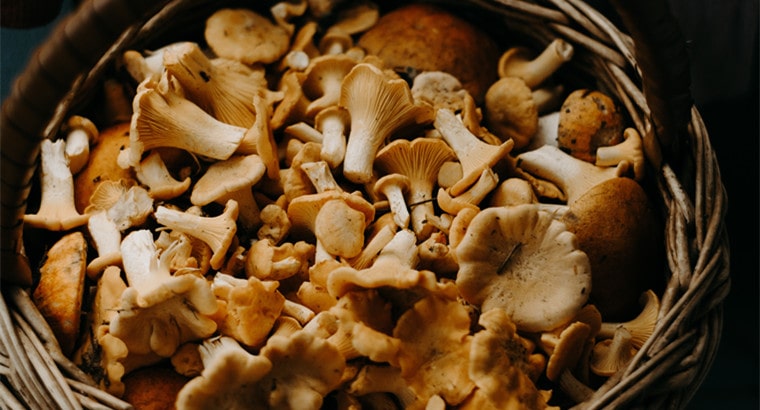
You can tell if your mushrooms have gone bad by some obvious and not-so-obvious signs. But even with these signs, you need to use your best judgment and logic in deciding whether to keep the mushrooms or toss them. Here are some easy signs to look for in your mushrooms.
1. slimy
The rule of thumb is to never cook or eat slimy mushrooms. This stickiness usually occurs when mushrooms have been sitting in the refrigerator for a long time. Although slimy mushrooms are not poisonous at this point, you should still be on the safe side. So, best kitchen practice is to throw them away.
2. Wrinkle Mushrooms
Sometimes when mushrooms go bad, instead of being slimy, they dry out and wrinkle. While it’s okay to dry the mushrooms, especially since they have a high moisture content, they shouldn’t look too wrinkly.
So, if you find that your mushrooms are getting too shriveled, the safest solution is to throw them away.
3. Dark spots or dark spots
Any new black spots on the mushrooms are a sign they are starting to go bad. So always keep an eye on your mushrooms for blackening or black spots. If you notice black spots on them, it’s time to take them out of the fridge. You can cook them or throw them away.
4. They last a long time in the fridge
Unless you’ve cooked, frozen, or sun-dried mushrooms, don’t keep them for longer than two weeks. In fact, two weeks is the longest period mushrooms can keep fresh. So, if your mushrooms are older than that, the safest thing to do is to throw them away.
5. Strong smell
Fresh mushrooms do not have a strong smell. So, if you can smell the fungus, you know they’ve gone bad. But you should not confuse this smell with the typical mushroom smell, which is mild and mild. If you have to turn your head away when you open a bag of mushrooms because of the strong smell, they are bad mushrooms.
What happens if you eat bad mushrooms?
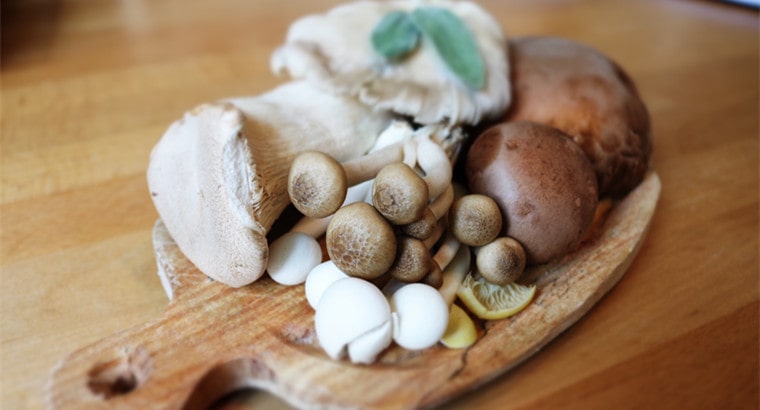
If you open the fridge and find a bag of old mushrooms that you completely forgot about, throw them out. Do not cook them, no matter how fresh they look, especially if they have been in the refrigerator for more than two weeks. Consuming spoiled mushrooms can lead to serious health complications.
Sometimes you just get an upset stomach when you eat spoiled mushrooms, but in some cases, your health can be seriously affected, even life-threatening. Below are some of the dangers of eating spoiled mushrooms.
1. Botulism
Botulism is a rare condition caused by a microorganism called botulism. Although there are different forms of this condition, foodborne botulism is the most popular. Unfortunately, all types of botulism are fatal. So if this happens to you, please consider it a medical emergency.
The World Health Organization ranks botulinum toxin as one of the deadliest substances in the world. The bacteria that cause botulism can only thrive in areas with limited oxygen. That’s why it often happens to people who eat canned food or food that hasn’t been stored properly.
Sour-loving pickled vegetables like mushrooms, spinach, and green beans also contain these microbes. Some common symptoms of botulism include difficulty swallowing or speaking, dry mouth, paralysis, and weakness on both sides of the face. Most of these symptoms appear after 12 to 36 hours.
2. Escherichia coli
This is a microbe that lives in the human gut. There are many types of E. coli, most of which are harmless. But some destructive strains can cause severe cramping and other abdominal complications. These bacteria are often found in contaminated food and water.
So if your mushrooms are contaminated, there’s a good chance they’re exposing you to these bad bacteria. Your mushrooms can easily become contaminated during storage. That’s why you should always clean them before cooking.
Some common symptoms of E. coli include stomach cramps, pain, and tenderness. It can also cause diarrhea ranging from mildly watery to severe bloody diarrhea. This condition can be fatal if not treated right away.
3. Salmonella
This is a common condition that affects people who consume contaminated food and water. If your mushrooms are contaminated during storage or preparation, you are at risk of contracting salmonella. It gets worse when you eat spoiled mushrooms.
This condition takes hours or days after ingestion for symptoms to appear. Some of the most common symptoms of salmonella include vomiting, nausea, abdominal cramping, diarrhea, bloody stools, headache, chills, and fever. Even after recovering from this condition, it can take several months for your gut to return to normal.
Also, most types of salmonella can be fatal if not treated right away. Therefore, it is important to seek medical attention immediately if you experience any of these symptoms, especially after eating mushrooms that have been in the refrigerator for a long time.
How to store mushrooms?
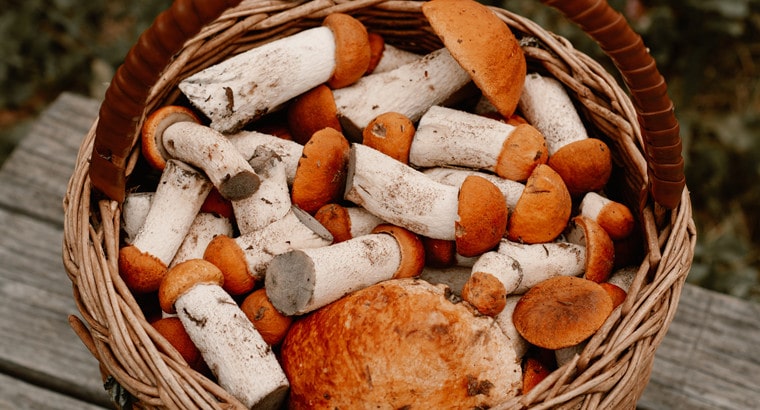
While mushrooms are a delicious source for your different dishes, they can go bad after just a few days of improper storage. Here are some helpful tips on how to store mushrooms for a longer shelf life.
1. Do not take them out of the package
When you store mushrooms in the refrigerator, be sure to preserve them in the packaging they came in. Don’t even open the package if you’re not using them right away. But make sure you use them within a week.
2. Put them in the container
If your mushrooms are not in containers, place them in a small bowl or plate and wrap in plastic wrap. Poke holes in the plastic wrap to allow the mushrooms to breathe. Then put them in the fridge, don’t let them sit for long without being cooked.
3. Wrap them in a bag
You can wrap the mushrooms in paper towels and place them in a paper or zip-top plastic bag. But remember to keep the top of the bag open to let the air in. Store the bag of mushrooms in the refrigerator and use within a week.
In short
Eating spoiled mushrooms is very dangerous because they can expose you to serious health complications, some of which can lead to death. But with these tips, you should be able to tell when your mushrooms have gone bad.
You should also use these tips to teach your family and friends how to tell if mushrooms have gone bad. This is a simple way to save lives.
